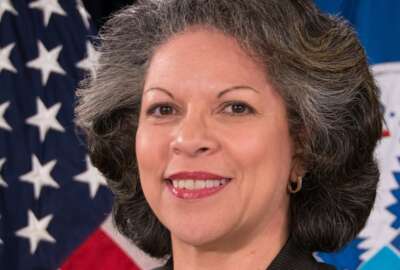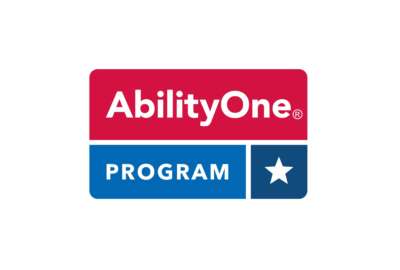Cool Jobs: DHS vet protects nation through food
Dr. Doug Meckes says his job is more than barns and chicken coops. As director of DHS\'s Food, Agriculture, and Veterinary Defense Division, he helps secure the...
wfedstaff | June 3, 2015 8:38 am
By Rachel Stevens
Federal News Radio
Many people might not consider animals to be a vital part of national security. But Dr. Doug Meckes does.
Meckes is the Director of the Food, Agriculture, and Veterinary Defense Division at the Department of Homeland Security (DHS).
His work is featured as a part of Federal News Radio’s week-long special series, Cool Jobs in Government.
“We are concerned about our food supply in this country, we are concerned about agricultural production in this country, and certainly animal health,” Meckes says of his duties.
Despite what outsiders might assume, he says he doesn’t spend his days in barns or chicken coops.
“We’re primarily a policy shop. We work within different components in DHS that have food and agricultural interests.”
And the implications of Meckes’s work are broad.
He says a healthy agricultural system is important for a healthy economy.
“A disease that would be inadvertently or intentionally introduced into our animal population in this country would have not only impacts on our food supply, but significant trade and economic impacts as well.”
Luckily, Meckes says technological advances are improving the quality of animal health nationwide.
“As a practical matter, certainly if you’re a dairy farmer or a pig farmer you want your animals to be healthy and to be productive. So the better care they are given and the healthier they are, the better they will produce and provide products for the American tables.”
Animal science technology is also looking towards improving human safety.
Meckes says he was recently able to attend a demonstration by the Auburn University vet school, where Labrador retrievers were able to identify an individual planted with explosives in a large crowd. They call these highly-trained canines “vapor wake dogs.”
The government is committed to continuing to drive advancements in the field, Meckes says.
He says the Office of Personnel Management is currently studying federal veterinary manpower needs for the next 25 to 30 years. This includes not only agricultural and security-related jobs, but also positions dealing with wildlife conservation, drug testing at the Food and Drug Administration and National Institutes of Health, and even caring for animals at the Smithsonian National zoo.
“There are remarkable opportunities for young folks in this day and time to enter service within the federal government and to work in a vast array of activities that vets engage in within the government,” Meckes says.
Stay tuned all week for the latest in Federal News Radio’s Cool Jobs in Government series. Read about all of the featured jobs by clicking here.
See the entire Cool Jobs Photo Gallery by clicking here.
Rachel Stevens is an intern with Federal News Radio.
(Copyright 2010 by FederalNewsRadio.com. All Rights Reserved.)
Copyright © 2024 Federal News Network. All rights reserved. This website is not intended for users located within the European Economic Area.





